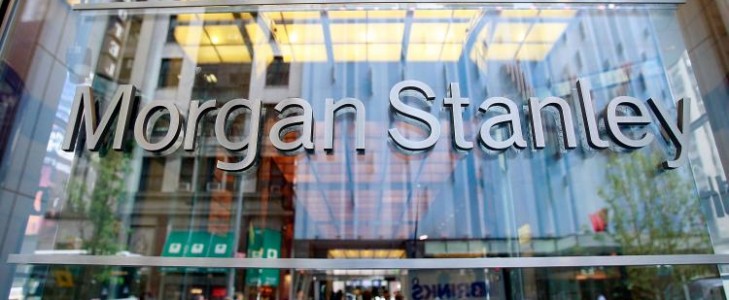It’s definitely good that US online poker regulation is finally happening – after all, this means mainstream advertising and more publicity for the game. Unfortunately, things are slow moving right now because Delaware, New Jersey and Nevada are the only states offering iGaming – about 4% of the US population. But if a recent Morgan Stanley report is correct, the game could be well on its way towards exploding by 2016/17. That said, let’s discuss this report along with the implications on interstate iPoker.
Big States will legalize US online poker within two years
One of the key factors that’s holding US iPoker back right now is small player pools. Delaware and Nevada will share player liquidity in the future, but combined, these two states have less than 3.7 million residents. New Jersey, which has 8.67 million people, still doesn’t boast a big enough population to feature consistent mid and high stakes online poker games.
Luckily, Morgan Stanley expects some of the bigger states to jump into the fray within the next two years. As CardPlayer reported, the financial services corporation expects Illinois, New York and Pennsylvania to legalize iPoker in 2016. The following year, they predict that Colorado, Iowa and Massachusetts will also regulate online poker. As also predicted by many other analysts, Morgan Stanley thinks that California will legalize the game in 2015.
There are certainly some large states included in this mix, which would greatly increase the availability of regulated online gaming in the US. Let’s take a quick look at how many people could have access to legal iPoker by 2017:
California (2015) – 38.3m
New York (2016) – 19.7m
Illinois (2016) – 12.9m
Pennsylvania (2016) – 12.8m
Massachusetts (2017) – 6.7m
Colorado (2017) – 5.3m
Iowa (2017) – 3.1m
Combined Population of These States offering iPoker = 98.8 million people
Interstate Pacts still need to be worked out
When combined with the roughly 12.6 million people from New Jersey, Nevada and Delaware, around 101.4 million US residents could have access to regulated online poker. And this would be much bigger than any of the regulated markets that are currently available in Europe. However, there’s a big catch here: these states would still need to work out agreements to share player liquidity.
In theory, this seems like a simple matter because all states stand to benefit from larger player pools and games. However, the largest states will likely want things done on their terms. This problem was highlighted by recent comments from Richard Schuetz, Commissioner of California Gambling Control Commission. Schuetz said that online gaming “compacts are going to be negotiated on our terms, largely.”
His statement may not be as foreboding as it sounds when interstate discussions actually begin. Nevertheless, thoughts like these could be a barrier towards connecting the poker masses in the United States. But even if interstate poker is slow to take off, at least having the giants like California, New York, Illinois and Pennsylvania involved would be a plus.
